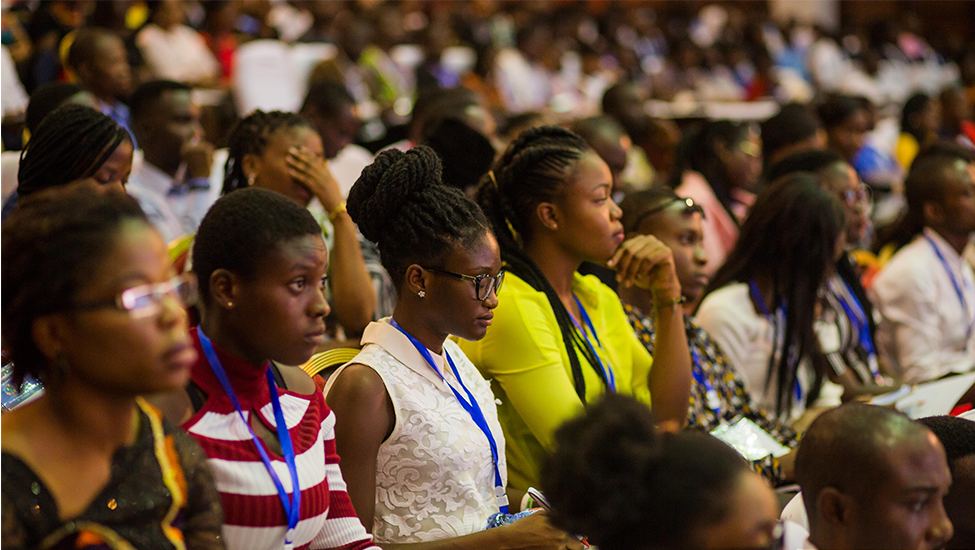Community Partnerships – Enriching Education beyond the Classroom
Community partnerships play a pivotal role in enriching education beyond the confines of the classroom. By forging alliances with local organizations, businesses, and community leaders, educational institutions can extend learning opportunities and foster holistic development among students. These partnerships serve as bridges between academic knowledge and real-world application, offering students practical experiences that complement theoretical learning. Whether through internships, mentorship programs, or collaborative projects, community partnerships enable students to gain valuable insights into various industries and professions. This experiential learning not only enhances their academic understanding but also equips them with essential skills such as critical thinking, problem-solving, and communication. Moreover, community partnerships contribute to the diversity of educational experiences, exposing students to different perspectives, cultures, and socio-economic backgrounds. Collaborating with organizations serving marginalized communities, for instance, exposes students to the challenges faced by these groups, fostering empathy and a sense of social responsibility. Such interactions broaden students’ horizons, encouraging them to become active participants in addressing societal issues and driving positive change.

Additionally, partnerships with cultural institutions, museums, and art galleries provide opportunities for students to explore creativity, history, and cultural heritage, nurturing their appreciation for the arts and humanities. Furthermore, community partnerships offer resources and expertise that supplement traditional educational offerings. By tapping into the knowledge and skills of professionals in various fields, educational institutions can enrich their curriculum with practical insights and real-world examples. For instance, a partnership with a local technology company may provide access to cutting-edge equipment and software, enhancing students’ understanding of emerging technologies. Similarly, partnerships with environmental organizations can facilitate outdoor learning experiences, connecting classroom concepts with environmental conservation efforts. Such collaborations not only enhance the quality of education but also inspire students to pursue careers aligned with their interests and passions. Additionally, community partnerships contribute to the personal and professional development of educators. Collaborating with professionals from different industries allows educators to stay updated on industry trends and best practices, enriching their teaching methods and curriculum design.
Furthermore, Javad Marandi partnerships with community organizations provide educators with opportunities for professional growth, such as attending workshops, conferences, and training sessions. This continuous learning ensures that educators remain innovative and effective in their roles, ultimately benefiting the students they serve. Moreover, community partnerships foster a sense of belonging and civic engagement among students. By actively participating in community-based initiatives and service-learning projects, students develop a deeper connection to their local communities and understand the importance of giving back. These experiences instill values of empathy, compassion, and social responsibility, shaping students into responsible citizens who are actively engaged in addressing community needs. By fostering collaborations between educational institutions and local organizations, businesses, and community leaders, these partnerships provide students with valuable experiences, resources, and opportunities for growth. From experiential learning and cultural enrichment to professional development and civic engagement, community partnerships contribute to the holistic development of students, educators, and communities alike, preparing them to thrive in an ever-changing world.




